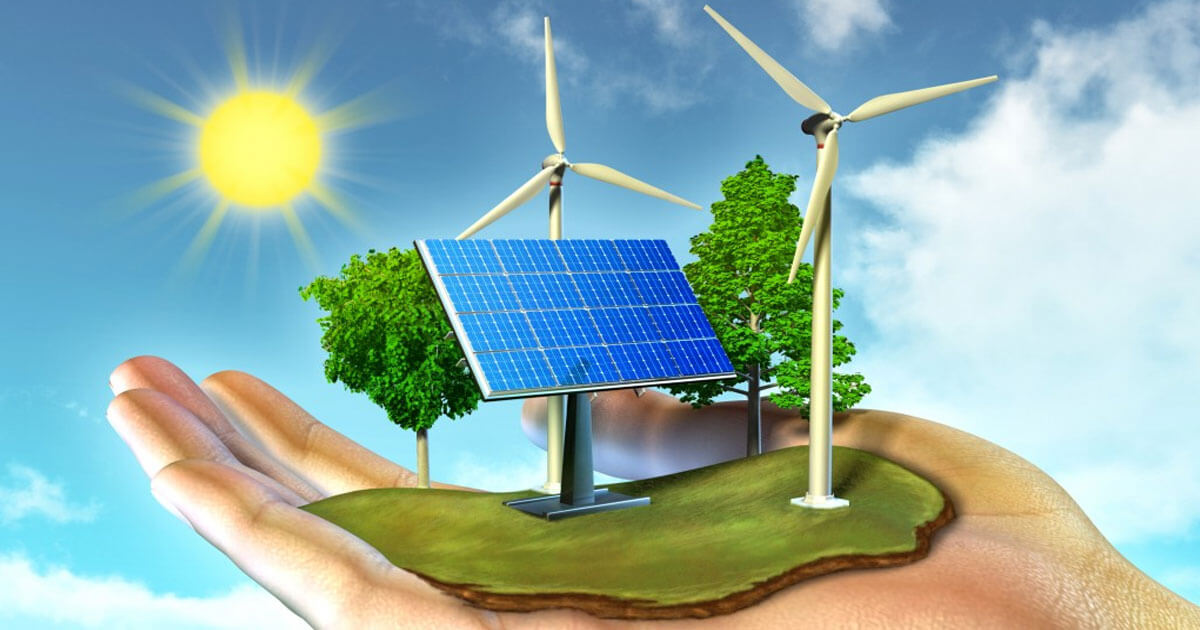 Project Management Courses
Project Management Courses
 Mini Masters Programmes In Management
Mini Masters Programmes In Management
 Mini Professional Diploma In Management
Mini Professional Diploma In Management
 Short Masters
Short Masters
 Leadership & Professional Development
Leadership & Professional Development
 Human Resources Training Courses
Human Resources Training Courses
 Tendering & Contract Management
Tendering & Contract Management
 Procurement & Warehouses
Procurement & Warehouses
 Strategic Planning Courses
Strategic Planning Courses
 Quality Management & 6 Sigma Courses
Quality Management & 6 Sigma Courses
 Customer Service Courses
Customer Service Courses
 Administrative & Secretariat Courses
Administrative & Secretariat Courses
 Administrative Skills Courses
Administrative Skills Courses
 Sales Management Courses
Sales Management Courses
 Education Management Courses
Education Management Courses
 Retail Management Courses
Retail Management Courses
 Risk Management Courses
Risk Management Courses
 Office Management Courses
Office Management Courses
 Management Skills Courses
Management Skills Courses
 Protocol and & Management
Protocol and & Management
 Diplomacy & International Relations
Diplomacy & International Relations
 Media & Journalism
Media & Journalism
 Public Relations
Public Relations
 Telecommunication Courses
Telecommunication Courses
 Information Technology and Programming Courses
Information Technology and Programming Courses
 Graphics & Design Skills Courses
Graphics & Design Skills Courses
 Programming & Coding Courses
Programming & Coding Courses
 Cybersecurity and Digital Security
Cybersecurity and Digital Security
 Environment Municipality management
Environment Municipality management
 Urban Planning and City Building Courses
Urban Planning and City Building Courses
 Accountancy & Bookkeeping Courses
Accountancy & Bookkeeping Courses
 Corporate Governance & Anti Corruption Courses
Corporate Governance & Anti Corruption Courses
 Investment & Banking Training Courses
Investment & Banking Training Courses
 Financial Reporting And Auditing
Financial Reporting And Auditing
 Oil and Gas Training Courses
Oil and Gas Training Courses
 Renewable and Clean Energy Training Courses
Renewable and Clean Energy Training Courses
 Electricity and operation & maintenance
Electricity and operation & maintenance
 Health & Safety Training Courses
Health & Safety Training Courses
 Public Health & Hospital Management Courses
Public Health & Hospital Management Courses
 Training Courses in Engineering Maintenance
Training Courses in Engineering Maintenance
 Engineering Management
Engineering Management

The field of renewable and clean energy is rapidly expanding globally as the demand for environmentally friendly and sustainable energy solutions grows. This sector covers several energy sources, including solar, wind, hydropower, and energy efficiency technologies. Renewable energy courses aim to equip professionals with skills to design and implement green systems that help reduce carbon footprints and meet environmental goals.
Advanced Course in Solar Power Systems for Industrial Applications
£4500
2025-02-03
2025-05-05
2025-08-04
2025-11-03
Advanced Course in Solar Hybrid Systems Design
£4500
2025-02-10
2025-05-12
2025-08-11
2025-11-10
Advanced Course in Solar Panel Recycling and Lifecycle Management
£4500
2025-02-17
2025-05-19
2025-08-18
2025-11-17
Advanced Course in Solar Energy System Diagnostics and Troubleshooting
£4500
2025-02-24
2025-05-26
2025-08-25
2025-11-24
Advanced Course in Photovoltaic System Performance Modelling
£4500
2025-03-03
2025-06-02
2025-09-01
2025-12-01
Advanced Course in Solar-Powered Microgrid Solutions
£4500
2025-03-10
2025-06-09
2025-09-08
2025-12-08
Advanced Course in Wind Turbine Technology and Aerodynamics
£4500
2024-12-16
2025-03-17
2025-06-16
2025-09-15
Advanced Course in Offshore Wind Energy Systems
£4500
2024-12-23
2025-03-24
2025-06-23
2025-09-22
Advanced Course in Onshore Wind Farm Design and Management
£4500
2024-12-30
2025-03-31
2025-06-30
2025-09-29
Advanced Course in Wind Energy Resource Assessment
£4500
2025-01-06
2025-04-07
2025-07-07
2025-10-06
Training Course in Advanced Wind Turbine Control Systems
£4500
2025-01-06
2025-04-07
2025-07-07
2025-10-06
Advanced Course in Wind Power Integration into the Grid
£4500
2025-01-13
2025-04-14
2025-07-14
2025-10-13
Key Training Sectors in Renewable and Clean Energy
Within this field, various specialized training sectors focus on enhancing the skills and knowledge necessary to optimize green energy systems. Here are some of the most essential sectors:
Solar Photovoltaic Energy: Courses in this sector cover the design, installation, and maintenance of solar energy systems, along with cost estimation and feasibility analysis. Participants gain practical skills to install solar panels for both residential and commercial settings.
Wind Energy: Training in wind energy involves learning the design, operation, and maintenance of wind turbines, including installation techniques, performance testing, and environmental impact assessments. These courses provide in-depth knowledge of wind energy systems and energy management methods.
Energy Efficiency and Management: Focused on reducing energy consumption in buildings and industrial facilities, these courses cover techniques like insulation, optimized lighting, and load management. Participants learn strategies to reduce energy use and increase system efficiency.
Hydropower: Covering the technology of generating electricity from water sources, hydropower courses explore dam design, water flow control systems, and economic and environmental feasibility assessments.
Research and Development in Renewable Energy: These courses prepare professionals to engage with the latest innovations, such as hybrid storage solutions and integrated smart technologies, which expand the applications and accessibility of clean energy.
Environmental Compliance and Regulation: Environmental compliance courses train specialists to adhere to clean energy laws and regulations, helping organizations avoid environmental penalties and ensure best practices in sustainable energy.
Green Hydrogen and Alternative Fuels: With the growing focus on green hydrogen and alternative fuels, these courses cover the sustainable production of hydrogen and its role as a viable alternative to traditional fuels.
Waste-to-Energy and Biomass: This sector focuses on converting waste into energy through advanced technologies like thermal conversion and anaerobic digestion. It helps professionals understand how to reduce waste and leverage it as a clean energy source.
These training sectors help professionals advance innovative and sustainable energy solutions, empowering them to implement green practices in their projects and fostering economic and environmental development across communities.